2024 was the year of climate crisis: so how did it fall off the political agenda?
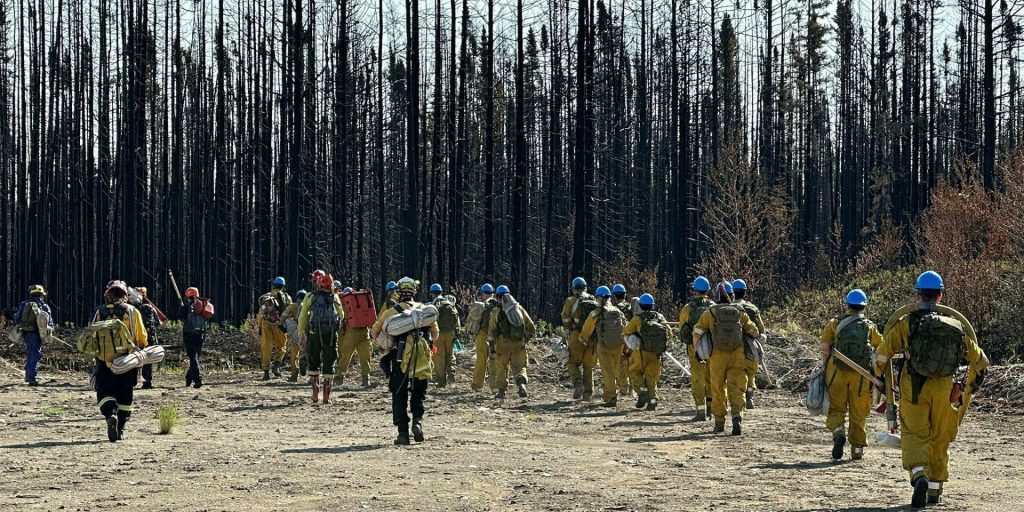
The Intergovernmental Panel on Climate Change was clear: to keep a habitable planet, and to ensure the survival of human civilization, greenhouse gas emissions must peak and begin to decline rapidly ‘at the latest before 2025.’ The clock is ticking, but politicians are not leaders. We look at polls and rush to distract the citizenry with shiny trinkets.
We are powering Canada forward by building 21st Century electricity projects
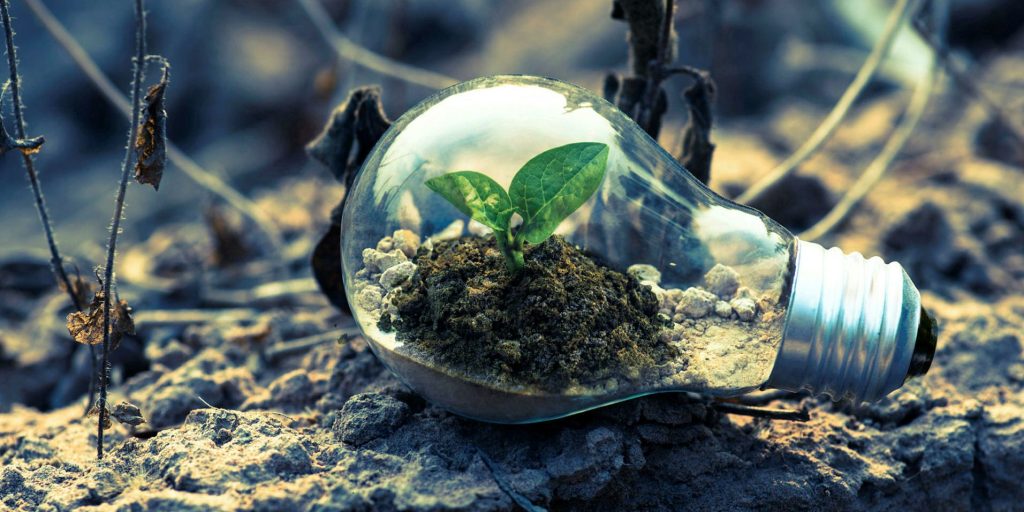
Canada is third in the world for Foreign Direct Investment, and much of that is in sectors related to electrification. For the first time in Canadian history, carbon pollution is trending downward as economic growth and wages trend upwards.
Divestment is not enough
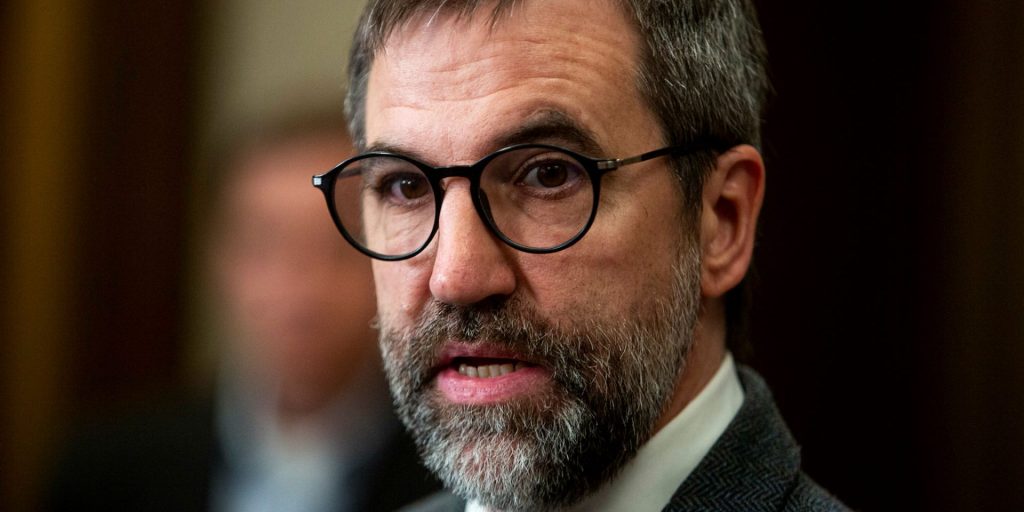
The federal government should incentivize impact investing.
Climate risk is manageable with the tools in hand

As we end the hottest year on record, one truth is clear: the impacts of climate change are inevitable, but the extent of the damage is not.
The role of health care in mitigating the climate crisis
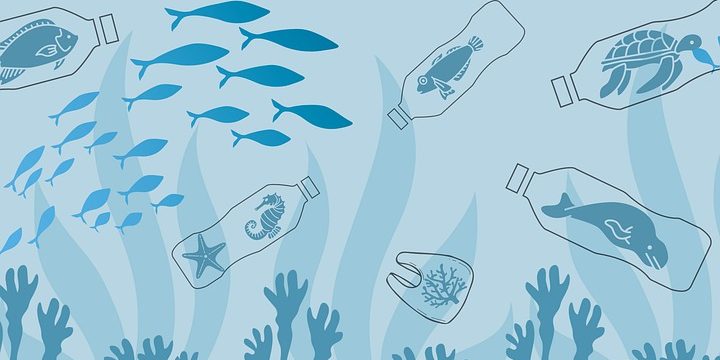
It’s time for our governments to bring our health societies and institutions together, and task them with creating a targeted climate action plan for the health-care sector in Canada.
The great thaw: Canada must lead climate change battle in a time of disappearing ice and snow
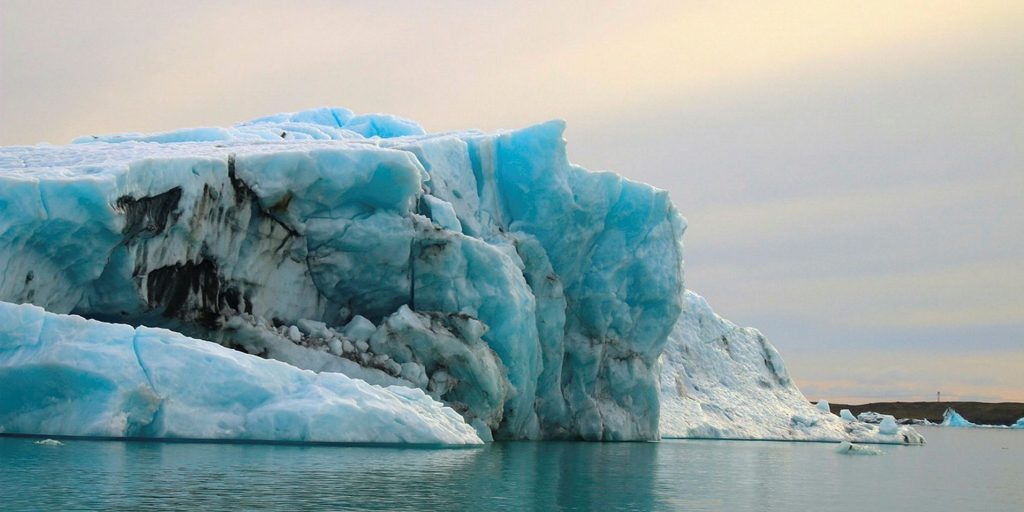
It is now time for Canadians to prepare for ‘cryospheric destruction’ and it is going to be a distressing experience. We must prepare for earlier, smaller, and less reliable snowmelt and, hence, less reliable river flows and lake levels that supply drinking water, irrigation water, hydropower, and cold-loving fish such as trout and salmon.
Most-lobbied Grit MPs hear push for health accountability measures, most-lobbied Tory MPs hear push for environment, trade issues
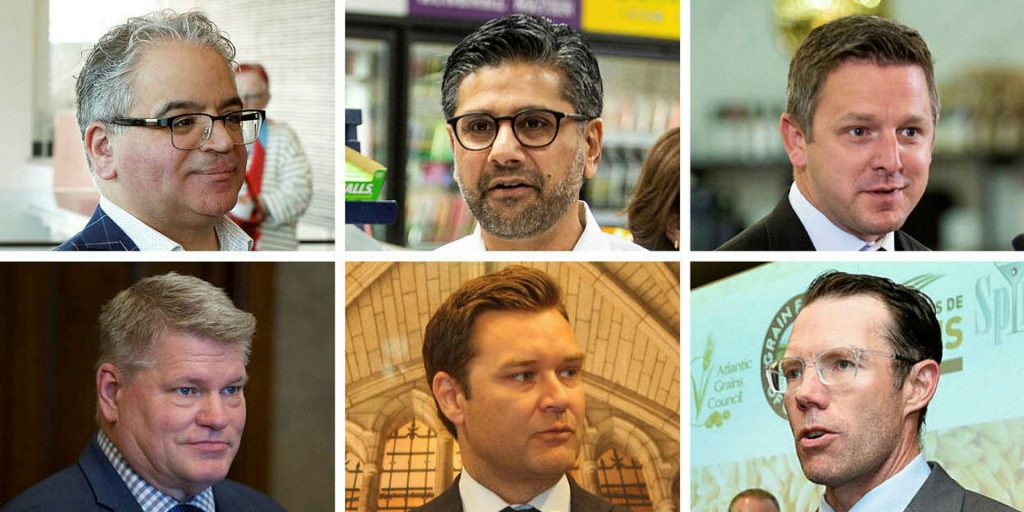
Burnout among health workers, an aging population and the COVID-19 pandemic have dramatically increased the strain on the health system in recent years, according to the president of the Canadian Medical Association.
This country urgently needs a national fire administration
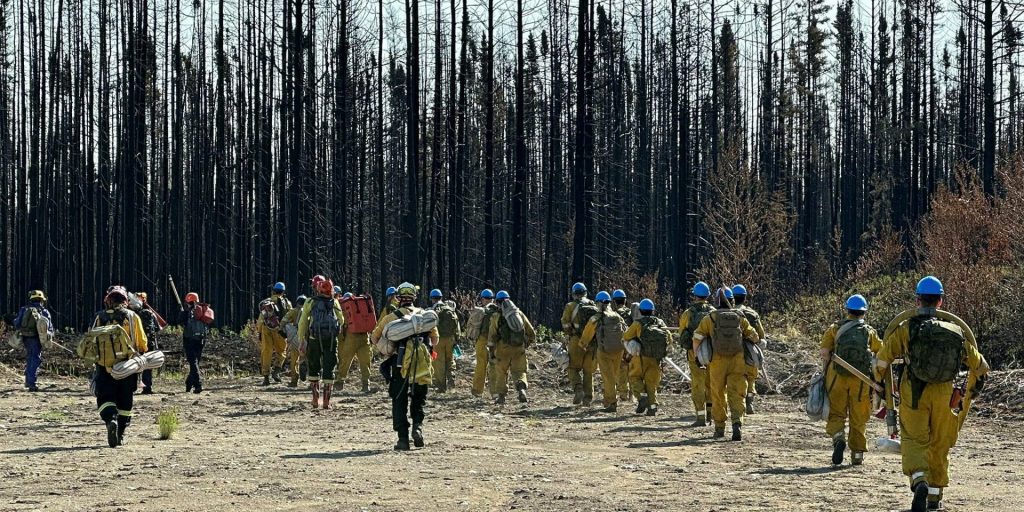
Fire chiefs know that Ottawa wants to get it right when it comes to the best model to pursue, but time’s up. A national fire administration would get these fire and life safety issues out of the federal government’s blind-spot, and on to the table. The only real cost is the cost of inaction.
Oil and gas emissions cap will create new investment and jobs in Alberta

There is a path for the fossil fuel sector, including the oilsands, to decarbonize, but companies won’t do it voluntarily. It’s the government’s job to plan for our future economy. That is why additional regulation is urgently needed.
Transition to net-zero aviation needs less expensive sustainable fuels, investment certainty: sector experts
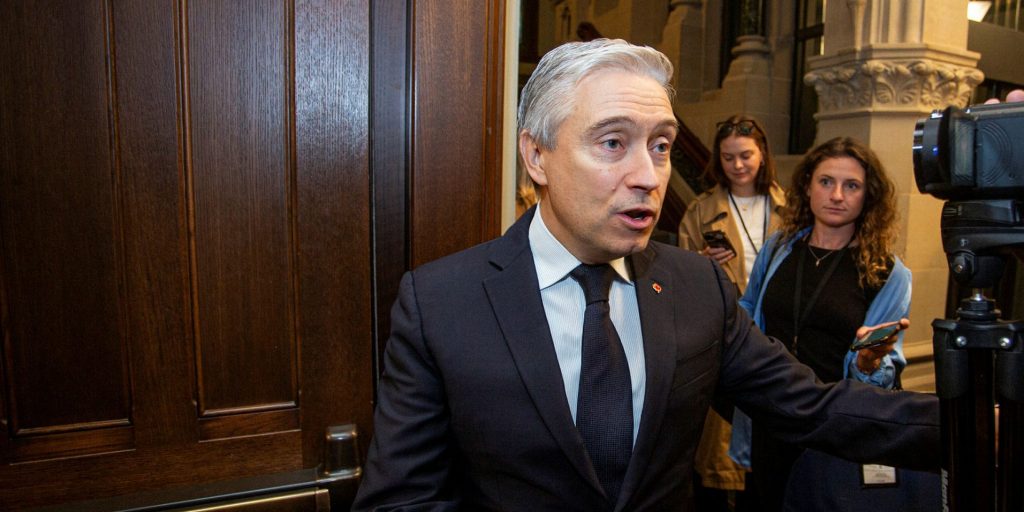
To compete with the U.S., Canada needs to take actions intended to incentivize the domestic production and use of sustainable aviation fuels, according to a roadmap released by the Canadian Council for Sustainable Aviation Fuels in June, 2023.

